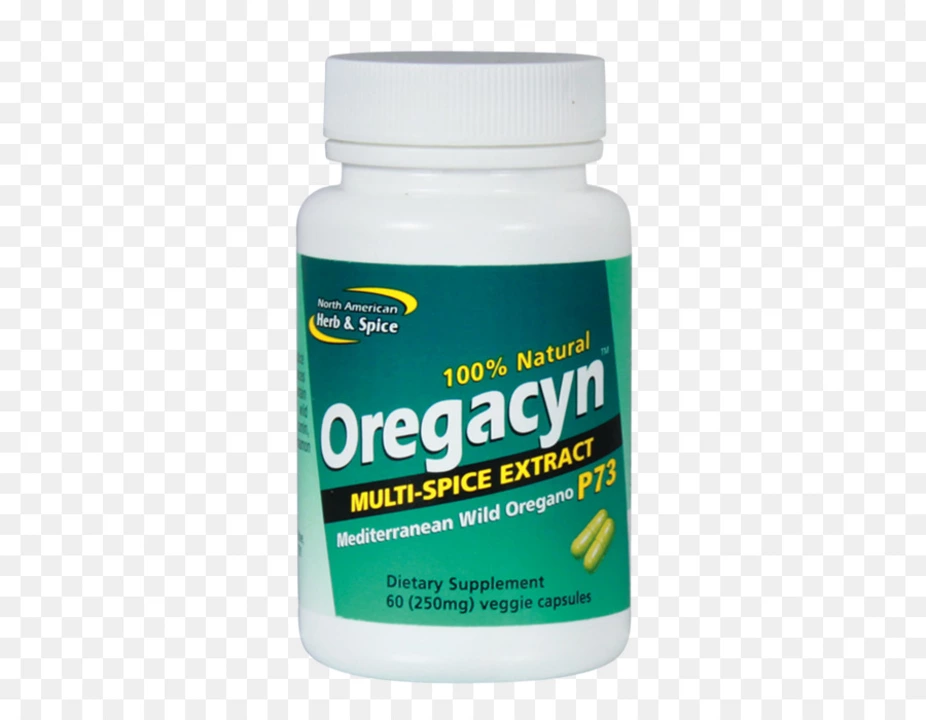Neem: What It Does and How You can Use It
Neem has been used for centuries in traditional medicine and home care. If you want a natural option for skin, hair, or garden pests, neem is worth knowing about. It comes as oil, powder, leaves, and capsules — each form fits different uses. Below you’ll find clear, practical ways to use neem, plus safety tips so you don’t overdo it.
How people use neem
Skin: Neem oil and neem leaf powder are popular for acne, mild eczema, and fungal skin problems. For a face mask, mix 1 teaspoon neem powder with plain yogurt or honey to make a paste. Do a small patch test first. For oil, dilute neem oil in a carrier like coconut or jojoba oil — a common ratio is 1 part neem oil to 10 parts carrier oil — and apply to the affected area. Stop if you get redness or itching.
Hair and scalp: Neem fights dandruff and soothes itchy scalps. Add 6–10 drops of neem oil to a regular shampoo or make a rinse by boiling a handful of neem leaves in water, cooling it, and using the liquid after shampooing.
Oral hygiene: In some places people use neem twig chew-sticks or toothpastes containing neem extract. Neem has natural antibacterial properties, but it shouldn’t replace regular dental care or a dentist's advice.
Garden and pests: Neem oil works as a gentle pesticide for many garden pests and fungal issues. Mix 2 tablespoons of neem oil with 1 gallon of water and a teaspoon of mild liquid soap as an emulsifier, shake well, and spray on leaves in the evening. Reapply every 7–14 days as needed. Avoid spraying in full sun to prevent leaf burn.
Safety tips and choosing products
Not everything natural is automatically safe. Neem oil and extracts are potent. Don’t use neem internally (by mouth) unless a healthcare provider advises it. Avoid neem oil near the eyes and mucous membranes. Pregnant and breastfeeding people should skip internal neem and check with their clinician before topical use. Keep neem oil away from infants — there are reports of toxicity when large amounts were ingested.
Watch for allergic reactions: small patch tests help. If your skin gets red, swollen, or painful, stop using it and get medical advice. If you take blood sugar–lowering medication, talk to your doctor before using neem supplements — neem can affect blood sugar.
Buy smarter: choose cold-pressed, organic neem oil when possible, or powders and supplements from brands that list standardized extracts and third-party testing. Check labels for additives and expiration dates. For garden use, pick products labeled for horticultural use and follow dilution instructions printed on the bottle.
Want to try neem? Start small, test on a small skin area, and ask your healthcare provider about internal use or interactions with medications. Neem can be useful, but like any powerful natural product, it works best when used carefully and with common sense.

